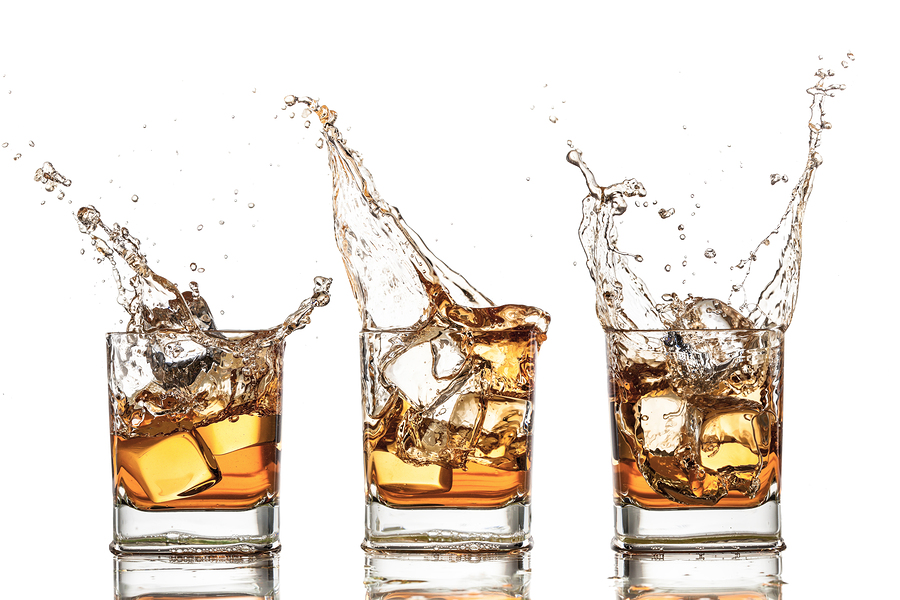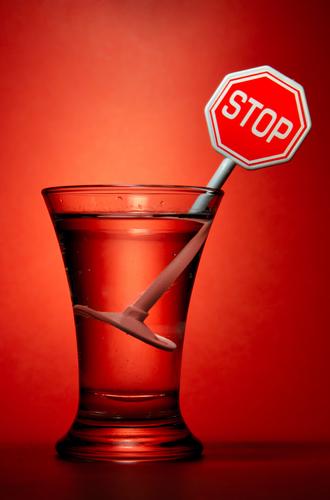
Correcting addiction by normalizing neurotransmitters and moods is very much in order in the management of the prevalence of drug addiction
In the process of seeking for solutions when it comes to defeating drug addiction, people often go for very big things, big rehabilitation institutions and expensive and elaborate addiction professionals. This is very much in order because the most important thing is the reclaiming one’s health and freedom back from the scourge of addiction. However what many may not know or if they do, then they don’t care about is the avenue of nutrition as a tool of fighting and eliminating all sorts of addictions you may be privy about. For quite a while now we have been posting articles touching on the use of healthy nutrition in the fight against substance abuse and we are not about to stop. We want all of us to have the knowledge so that the work of dealing with drug addiction can be made easier and much lighter to both the direct and indirect victims. From the expert’s point of view, correcting addiction by normalizing neurotransmitters and moods is one very important avenue available for containing the problem. Doctor Dalal Akoury (MD) who is a well-respected expert in addiction is of the opinion that psychoactive substances may lead to psychiatric problems because in many cases the substances can have toxic effects on brain chemistry. She adds that before detoxification is done, neurotransmitters are reduced due to poor nutrition which then alters the amino acid absorption and utilization. The implication of this is that the victims (addicts) are left feeling depressed, agitated and unregulated early in recovery. From the various researches done, it is believed that these imbalances will disappear over a couple of weeks however they may also last as long as one year after an addict becomes sober.
For some, moods and behavior abnormalities may have been present before the substance abuse. With proper diagnosis of any possible underlying mental health disorders, a healthy diet and education on how nutrition influences mood and brain chemistry, recovery can be enhanced. An understanding of how food affects mood and the risk of substance abuse begins with macronutrients. And with carbohydrates being the body’s main source of energy it therefore means that without this macronutrient, the brain can’t function properly, blood sugar becomes unstable, and neurotransmitters become disrupted. Unstable blood sugar can lead to feelings of frustration, anxiety, and cravings.
Speaking to the experts at AWAREmed Health and Wellness Resource Center under the able leadership of doctor Dalal Akoury, we are able to professionally establish that carbohydrates aids in the production of serotonin which then facilitates a happy and stable mood; aids in sleep; and helps curb food cravings. Besides that low serotonin levels can also result in sleep problems, irritability, and depression. Remember that the release of insulin following the adequate consumption of carbohydrate facilitates the entry of glucose cells, where it’s used for energy that triggers tryptophan’s entry into the brain. Then folic acid and vitamins B6 and B12 help the synthesis of tryptophan to serotonin. Ensuring that clients receive adequate carbohydrates and tryptophan-rich foods, such as dairy and meats, helps stabilize these reactions.
Amino acids which are the building blocks of protein, also forms the foundation of neurotransmitters. Doctor Dalal Akoury says that low levels of neurotransmitters, and more so dopamine, can trigger an individual to turn to substances to feel better, a factor which is common with most substances as they impact on the body’s dopamine levels. Remember that dopamine is made from the amino acid tyrosine, while serotonin is made from tryptophan. Therefore whenever an individual lacks either of these amino acids, synthesis of the respective neurotransmitter is disrupted, which then affects mood, aggression, and the desire for drugs or alcohol.
Dietary fat – this also plays a role in maintaining mental health. Because it affects inflammation and cell membrane integrity, limiting dietary fat directly influences mood. Research has shown that increased inflammation or pro-inflammatory cytokines result in more depressive symptoms.
Omega-3 fatty acid – the consumption of omega-3 fatty acid may help with depression by enabling the rejuvenation in the uptake of neurotransmitters and subsiding inflammation. According to the experts at AWAREmed Health and Wellness Resource Center having a proper balance of omega-6 and omega-3 fatty acids helps neurotransmitter receptors function, which in turn helps increase the amount of neurotransmitters that can be active in the brain. Besides that many experts have recommended supplements containing polyunsaturated fatty acids to help in the reduction of anxiety in people who are struggling with substance abuse.
Encouraging patients to drink adequate amounts of hydrating fluids also will help them manage mood while ensuring adequate absorption of any medications they take to prevent side effects from withdrawal or underlying psychiatric disorders. The following are some of the most common symptoms of dehydration irritability, trouble concentrating, and disorientation. Dehydration also commonly results from detoxification, so monitoring daily intake and output values will help determine appropriate fluid intake recommendations.
Doctor Akoury is stating categorically that it is important to appreciate that conditions like anxiety, irritability and low mood or energy levels are commonly triggers for cravings. All of these symptoms can result from low blood sugar, dehydration, high levels of caffeine, and an unbalanced diet. Increased relapse occurs when an individual has poor eating habits, mainly because of the impact on cravings. Encouraging balanced meals and regular eating times helps patients decrease these events. Generally, a diet relatively high in complex carbohydrates, moderate in protein, and low in fat and sugar is recommended to help sustain recovery. It isn’t wise to advise clients to follow a high-protein diet since excess protein will strain the already damaged liver.
Finally in many cases during the early part of recovery, many patients will often struggle with differentiating hunger from cravings for drugs or alcohol and emotions. It is very normal for addicts at this point to commonly forget what normal hunger feels like and may perceive a craving for substances when actually they’re just hungry. Similarly, many addicts will switch to sweets to replace their drug dependency; some of this is as a result of seeking pleasurable foods that trigger a physiological response (such as increasing dopamine), emotional eating, or experiencing irregular blood sugar levels. Monitoring sweets intake may be important with some clients because up to 50% of substance abusers also have co-occurring eating disorders, so monitoring signs of binge behavior may help in properly identifying possible binge-eating disorder or bulimia. In conclusion substance abuse has no respect for anybody and therefore you are not equally safe. If for whatever reason you are struggling with any substance, do wait for too long to seek for help. Call doctor Akoury today and schedule for an appointment with her to get your treatment and recovery journey started immediately today.










